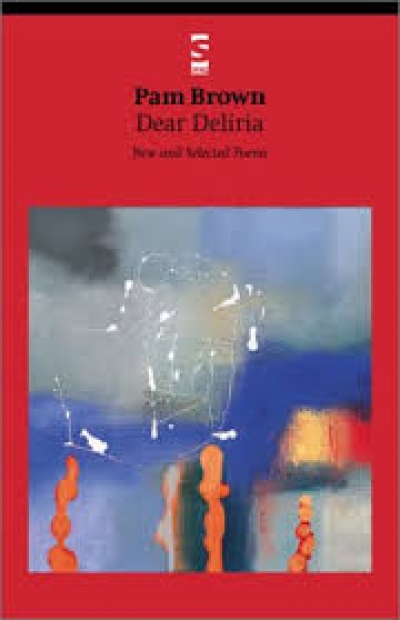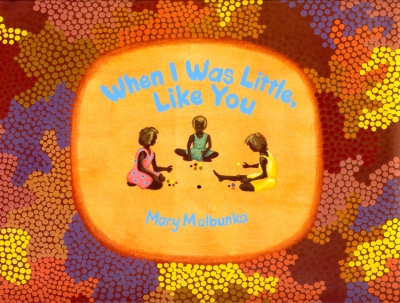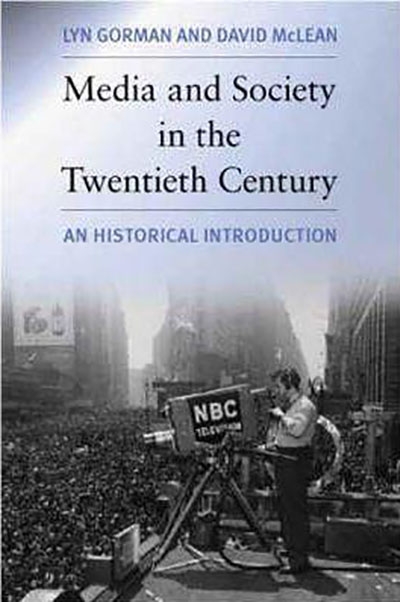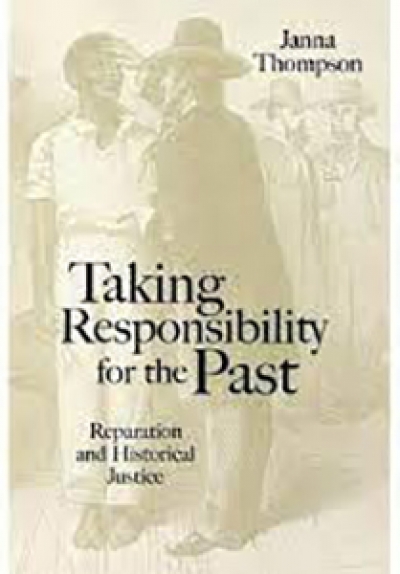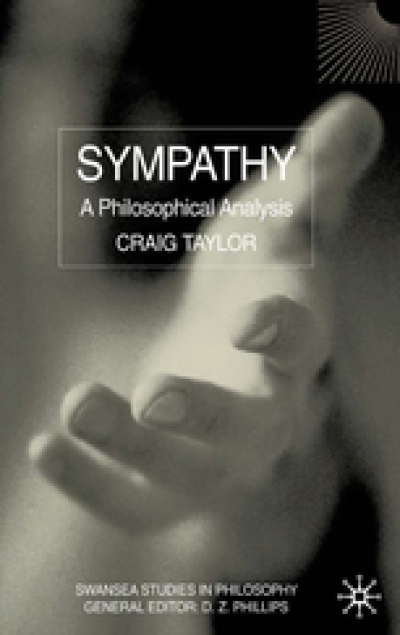Archive
ABR welcomes letters from our readers. Correspondents should note that letters may be edited. Letters and e-mails must reach us by the middle of the current month, and must include a telephone number for verification.
Tim Bowden on Denis Warner
Dear Editor,
I write to point out a singularly unfortunate error in Brian McFarlane’s otherwise thoughtful and indeed generous review of my autobiography, Spooling Through: An Irreverent Memoir, in the May edition of ABR. By using the phrase ‘the egregious Denis Warner’, your reviewer has confused the distinguished Australian foreign correspondent and author with Russell Warner, an ABC executive with whom, to put it bluntly, I did not get on, for reasons clearly stated in my memoir.
... (read more)When I Was Little, Like You by Mary Malbunka & Animal Architects by John Nicholson
by Margaret Robson Kett •
Media and Society in the Twentieth Century: A historical introduction by Lyn Gorman and David McLean
by Terry Flew •
Who’s Who in Twentieth-Century World Poetry edited by Mark Willhardt and Alan Michael Parker
by Geoff Page •
Undemocratic Schooling: Equity and quality in mass secondary education in Australia by Richard Teese and John Polesel
by Ilana Snyder •
Taking Responsibility for the Past: Reparation and historical justice by Janna Thompson
by Kristie Dunn •

